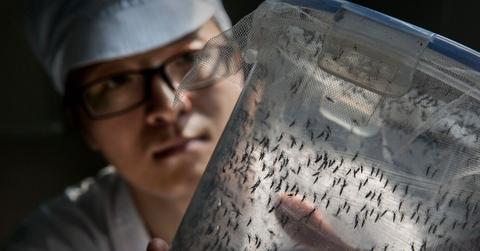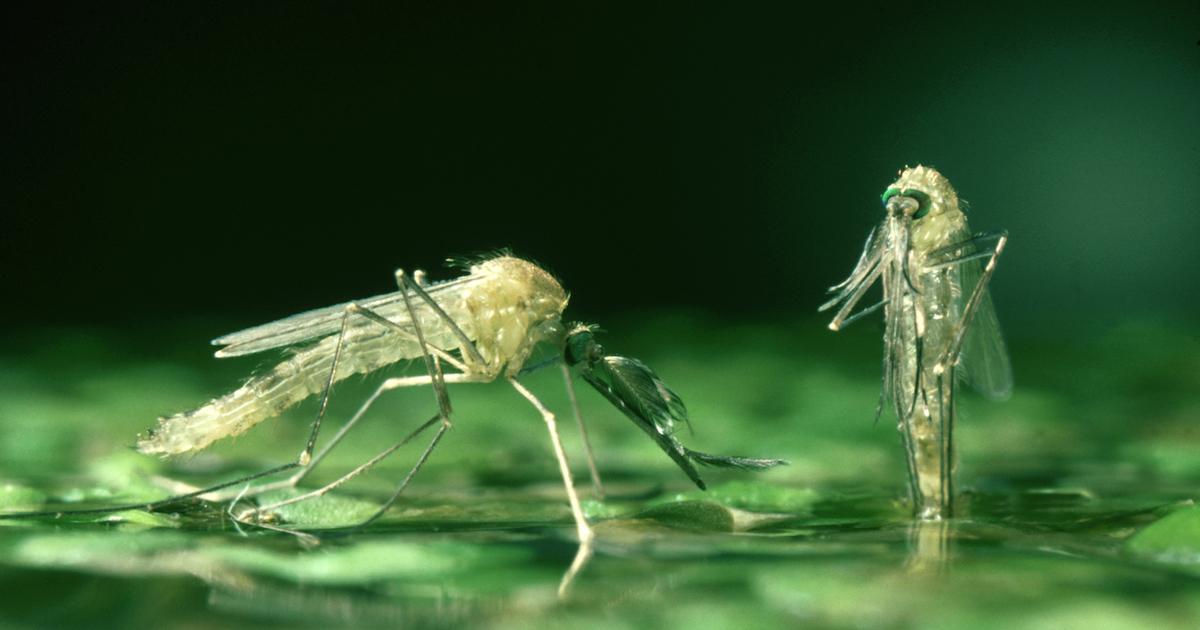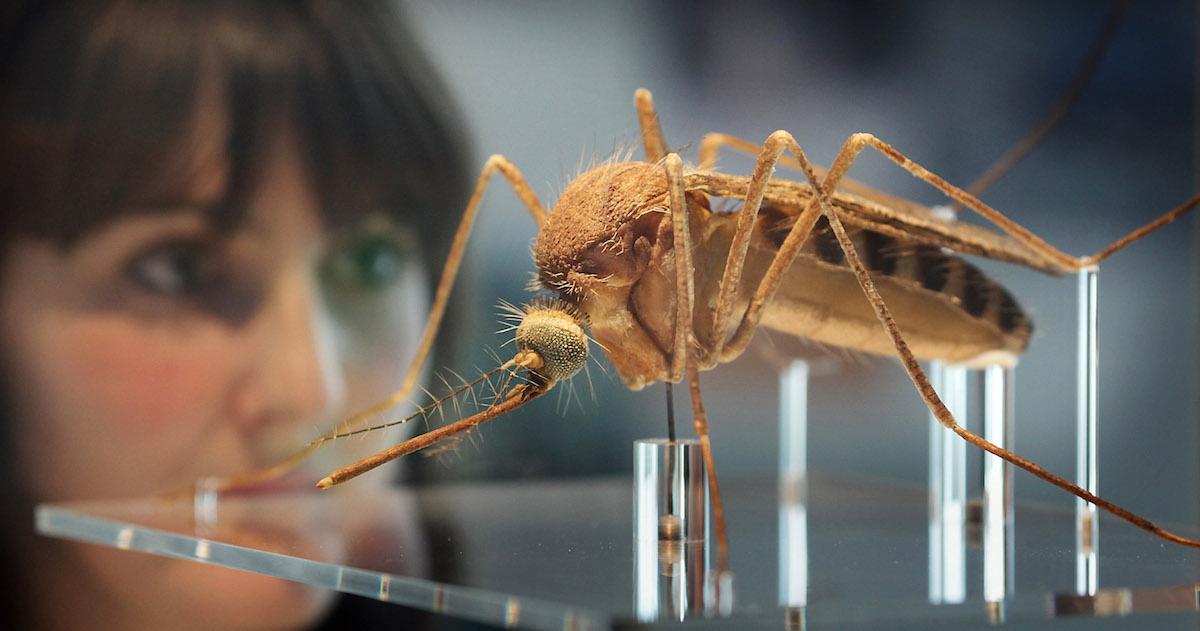What Are GMO Mosquitoes and What Is Their Purpose?
Published May 13 2021, 2:44 p.m. ET

Scientists have made GMO corn, strawberries, even many types of farm animals. Now, it seems, they have managed to genetically modify mosquitoes as well. But what is the purpose of GMO mosquitoes, and why would scientists go out of their way to create something that is already a problem for a huge portion of the planet’s population?

What is the purpose of GMO mosquitoes?
As it turns out, GMO mosquitoes are a way to fight fire with fire. By creating and releasing their own genetically modified mosquitoes into existing populations, a few clever scientists have managed to curb the spread of dangerous mosquito-borne diseases like the Zika virus. According to the CDC, GMO mosquitoes are modified from the Aedes aegypti mosquito species.
Aedes aegypti mosquitoes are commonly found in many parts of the U.S., including Florida and Texas. They are well known for spreading and carrying viruses like Zika, dengue, and chikungunya, but the GMO versions of these insects are designed to stop the spread of those diseases right at the source: the carriers themselves.
How do GMO mosquitoes work?
According to the CDC, GMO mosquitoes carry two distinct types of mosquito-busting genes. The first is a fluorescent marker gene that glows under a certain red light. This is useful for differentiating GMO mosquitoes from their wild counterparts. The second is a self-limiting gene that prevents female mosquitoes from surviving into adulthood. This inhibiting gene is essential because it is passed onto offspring through the generations.
Fewer females coming into adulthood correlates to a steady decline in local mosquito populations. So far, the EPA has allowed Aedes aegypti GMO mosquitoes to be released in both Texas and Florida, and the results have been mixed.

What are the pros and cons of GMO mosquitoes?
Like many genetically modified organisms, GMO mosquitoes come with various pros and cons. According to Mosquito Magnet, the main positives is that these gene-spliced skeeters are a fairly eco-friendly way of decreasing or outright eliminating invasive mosquito populations that pose a risk to humans.
By and large, GMO mosquitoes have not shown to have any significant impact on local species or humans other than lowering the population of disease-carrying mosquitoes. It’s simple, easy to do, highly-effective, and fairly inexpensive. But these Frankenbugs are not without their problems. There is some concern that GMO mosquitoes have the potential to carry or develop as yet unknown pathogens that might be dangerous to humans or other animals.
According to Mosquito Magnet, critics of the practice have stated that there hasn’t been nearly enough testing to warrant widespread release. The other fear is that, given enough time and interbreeding, future generations of females will overcome the inhibiting gene, make it to adulthood, and be more hearty as a result.

What does Bill Gates have to do with GMO mosquitoes?
Entrepreneur reported that Microsoft’s Bill Gates recently backed the release of over 100,000 GMO mosquitoes from the company Oxitec. Those 144,000 mosquitoes were released in Florida in May 2021. This is all part of an effort to stop invasive Brazilian and Cayman Island mosquitoes from affecting the population with diseases like Zika and Dengue. It remains to be seen whether these streamlined skeeters will make a difference.